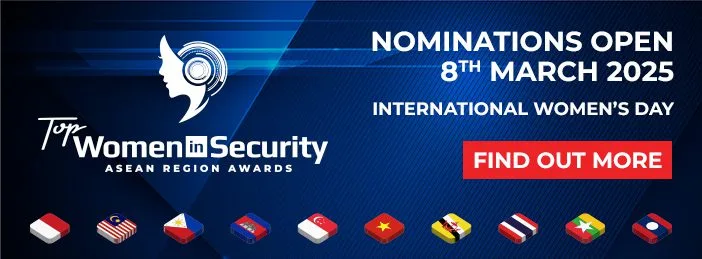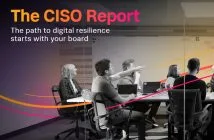
A 2023 RMIT University report found that women make up just 17% of Australia’s cybersecurity workforce, with many leaving the field after four years due to work-life balance struggles and industry culture.
The 24/7 culture in cyber security, job design, and work commitments continue to make it difficult for women with domestic or child-rearing responsibilities to achieve work-life balance, which is both a barrier to entry and a reason women may leave the sector.
Bek Cheb is the winner of the MVP of the Security Industry at the 2024 Australian Women in Security Awards. Cheb commenced her career in cybersecurity 20 years ago, working in event management. She was working on tech and cyber events and was engaged by AUSCERT to help with their annual conference.
Throughout her cybersecurity career, she has demonstrated unwavering dedication and significant contributions to the industry, transforming the AUSCERT annual conference, leading mental health initiatives, and creating diverse and inclusive environments where people thrive.
Cheb’s advocacy for diversity, equity, and inclusion, along with her public speaking and leadership, has educated thousands on online safety and data privacy. Her calm, diplomatic approach and unwavering support for newcomers showcase a deep commitment to the industry.
Thirteen years ago, AUSCERT approached Cheb to work with them directly as they realised key relationships with speakers and sponsors were held outside the organisation. Initially she was focused on event management, but her role expanded to include marketing, communications and membership.
“I basically stumbled into the industry, it wasn’t a decision to work in cybersecurity, my career path just led me in that direction. Interestingly one of my first jobs was corporate sales of computers and servers,” Cheb says.
When Cheb first attended the AUSCERT Conference, she was one of only a handful of women among 900 attendees. ”At the time, the only women present were in marketing, events, or public relations. There were no women on the program and maybe a handful of female delegates.”
Cheb says that it has taken many years for the industry to become more diverse, and it has only been after much concerted effort and trailblazing that things changed.
“It has only been the last seven years that we have secured much greater female participation, both in terms of delegates attending and women speakers and tutorial presenters. In 2024, 30% of our attendees were female, we are slowly growing to more balanced representation,” she says.
“Running the conference, I am very conscious not to invite women just to have a ratio,” added Cheb. “It is my view that women should be there on merit. There are now so many well-qualified and exceptional women in the industry. What is important is making sure they feel welcome to submit and feel valued for their contribution,” she stresses.
Cheb believes the cybersecurity industry has come a long way, but there is still further to go.
“When I started at AUSCERT, I had two young daughters. Flexible working made all the difference – it would have been impossible otherwise,” she says. Cheb believes that representation and outreach are key to driving change.
“We need to showcase role models, integrate cybersecurity into high school curriculums, and attract mid-career professionals from other disciplines,” she said. “It’s not just about technical skills, the industry needs greater diversity in all areas, from management to marketing, finance and human resources.
“I’ve done roles for years before getting a title that reflected them,” Cheb says. “Women often wait until they’ve proven themselves over and over before speaking up. Meanwhile, many men, sometimes with less experience, confidently advocate for what they want. We need to stop letting imposter syndrome hold us back,” she stresses.






